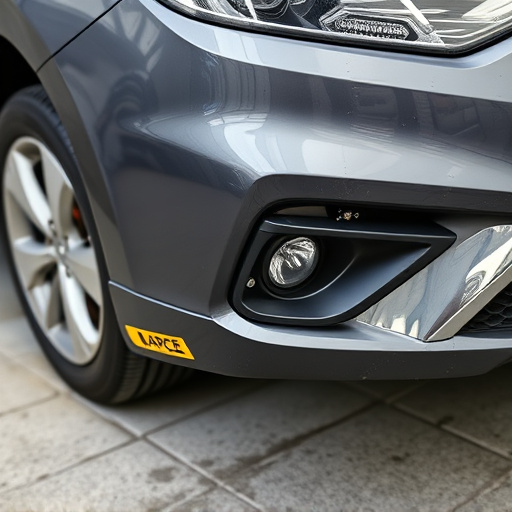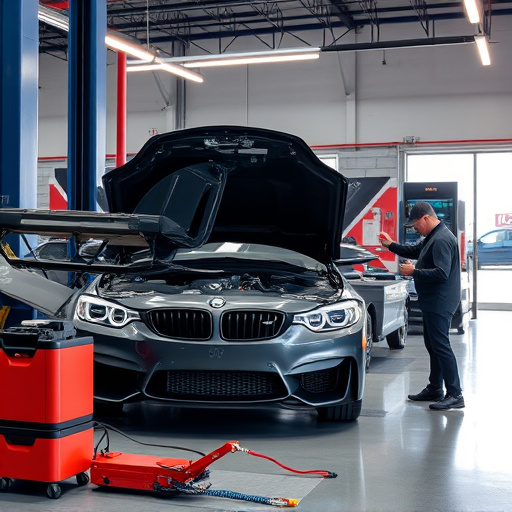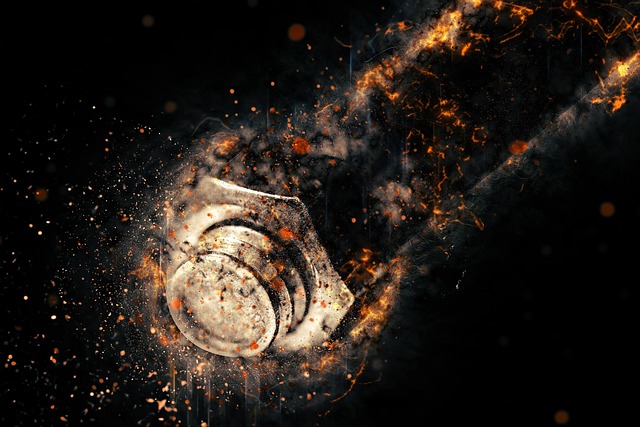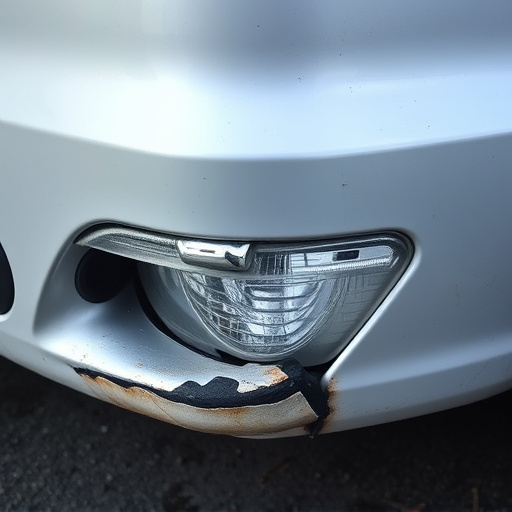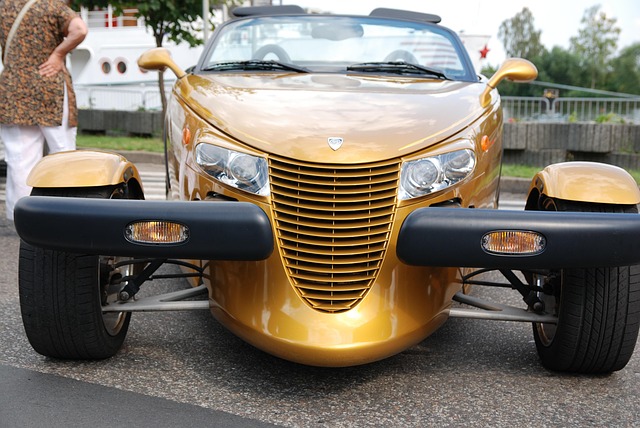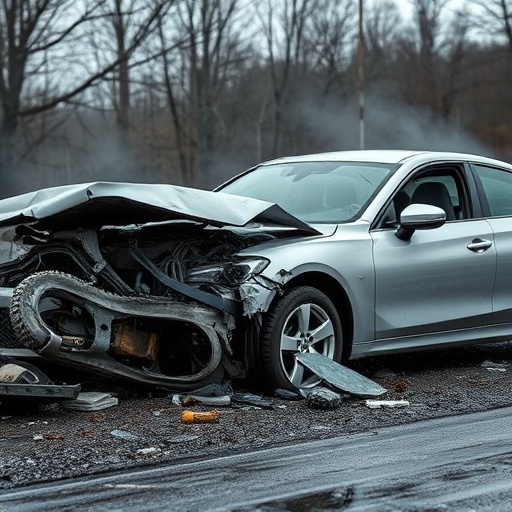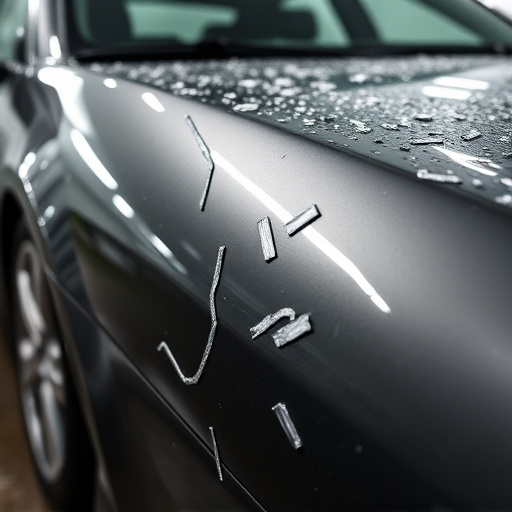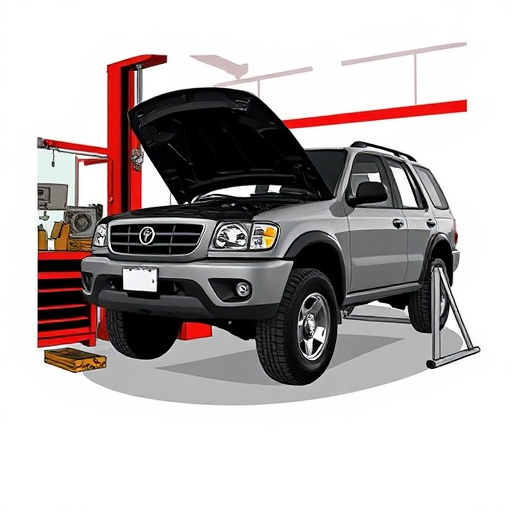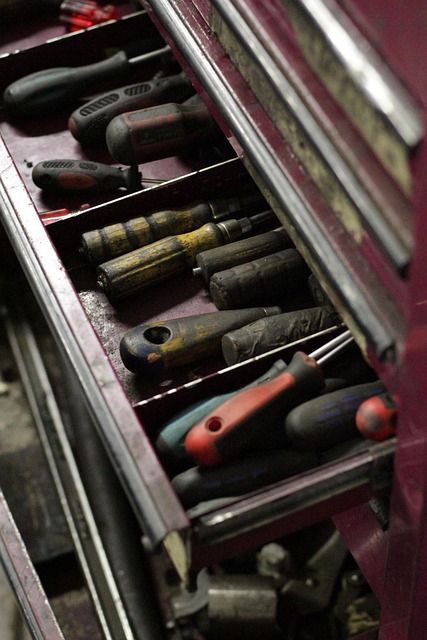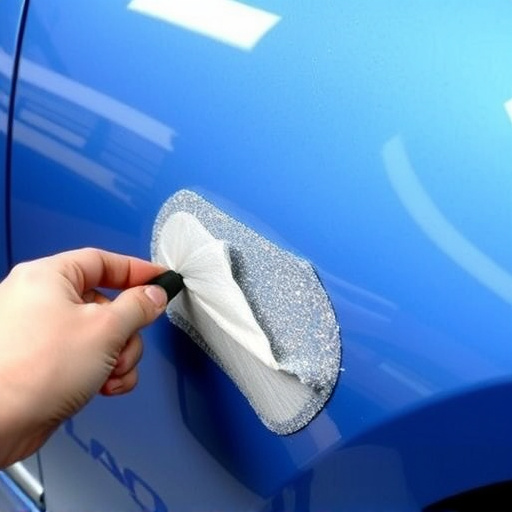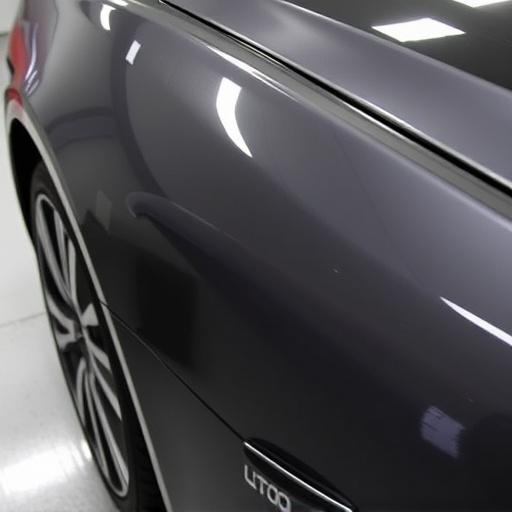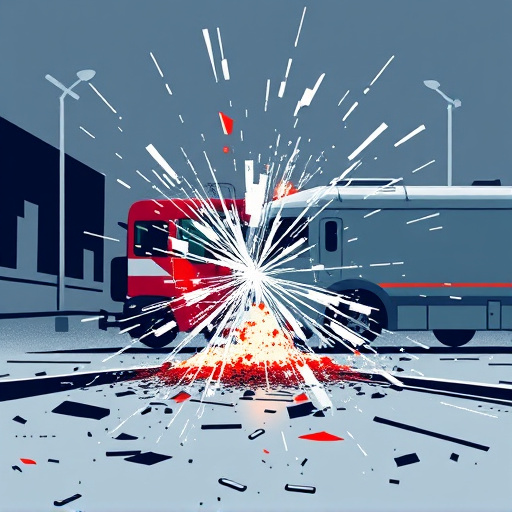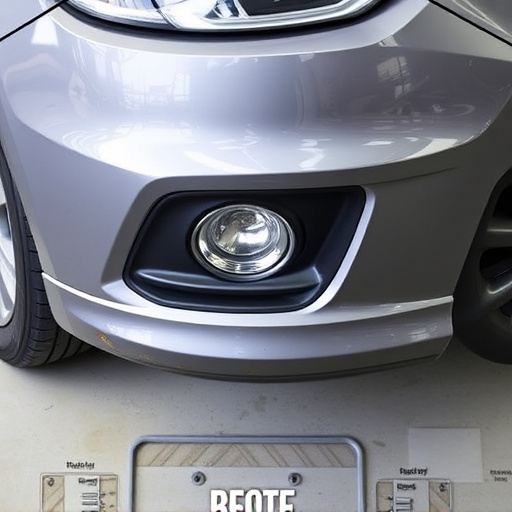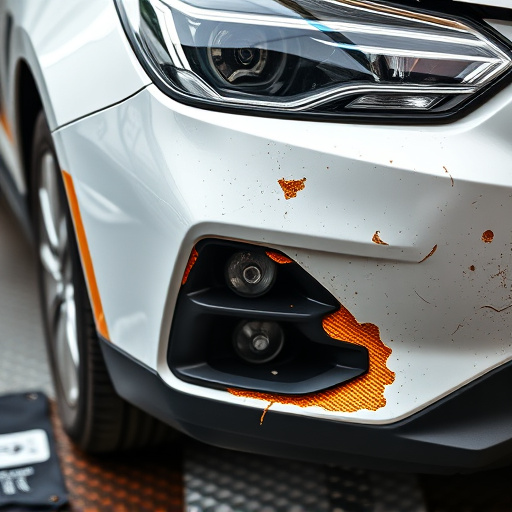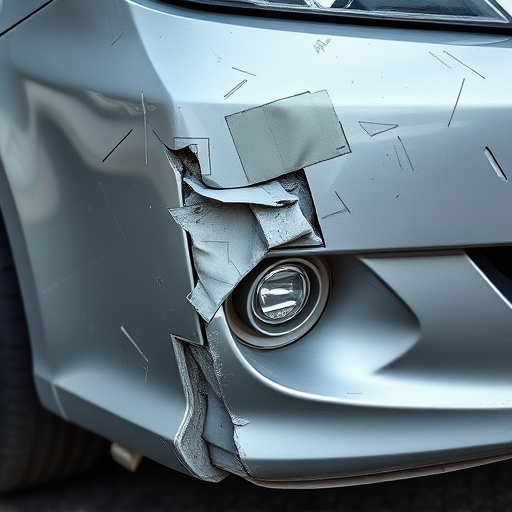Mercedes impact sensors play a critical role in modern vehicles' safety systems, accurately detecting and assessing damage after collisions. After frame or panel alterations, Mercedes impact sensor calibration is essential to maintain their effectiveness. Uncalibrated sensors can lead to inaccurate readings, compromising safety. Proper calibration ensures optimal performance of airbags and other passive safety features, underscoring its critical role in any fender repair for all makes and models. Skilled technicians use specialized tools and diagnostic equipment to calibrate these sensors accurately after bodywork services.
Mercedes impact sensors play a critical role in active safety systems, detecting collisions and triggering airbags. When a vehicle undergoes frame or panel rework, these sensors may be disturbed, requiring precise Mercedes impact sensor calibration. This ensures accurate performance during potential accidents, aligning with the vehicle’s advanced safety standards. This article delves into the significance of calibration post-rework and outlines the steps involved in optimizing these essential safety components.
- Understanding Mercedes Impact Sensors and Their Functionality
- Why Calibration is Essential After Frame or Panel Rework
- The Process of Impact Sensor Calibration for Mercedes Vehicles
Understanding Mercedes Impact Sensors and Their Functionality
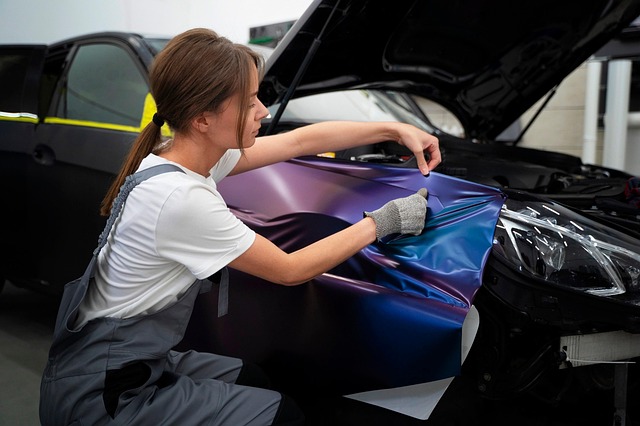
Mercedes impact sensors are integral components of modern vehicles, designed to detect and assess damage following a collision. These sophisticated devices play a crucial role in safety systems, enabling rapid deployment of airbags and other protective measures. By accurately measuring the force and angle of impact, they help ensure the safety of drivers and passengers. In the event of frame or panel rework at an auto body shop, proper Mercedes impact sensor calibration becomes essential.
Car bodywork services that specialize in collision repair understand the significance of precise calibration. After any significant alteration to a vehicle’s structure, including repairs or replacements of panels, these sensors need to be recalibrated to maintain their effectiveness. An uncalibrated impact sensor could lead to inaccurate readings during a subsequent crash, compromising safety and potentially causing further damage. Therefore, reputable collision repair services prioritize Mercedes impact sensor calibration as part of their comprehensive car bodywork services.
Why Calibration is Essential After Frame or Panel Rework
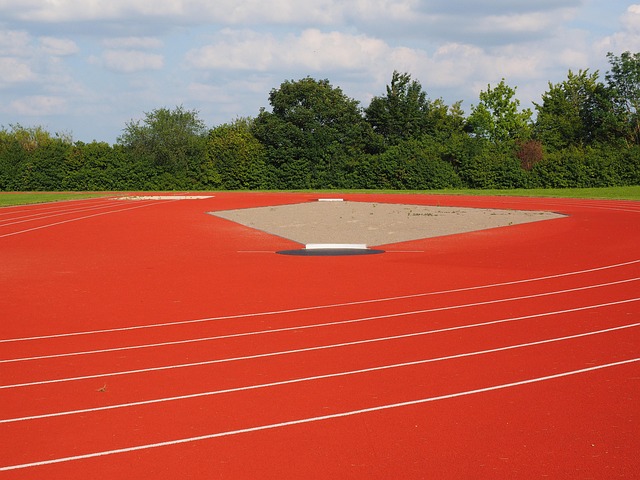
After frame or panel rework on a Mercedes vehicle, proper Mercedes impact sensor calibration becomes indispensable. This is because the sensors, designed to detect even minor impacts, require adjustment to ensure they function accurately post-repair. Any misalignment can lead to faulty readings, potentially affecting airbag deployment and other safety systems. An auto repair shop with expertise in vehicle body repair understands this critical step, ensuring the sensor calibration aligns with the vehicle’s structural changes for optimal performance.
The process involves advanced tools and techniques to reset the sensors to their original specifications. This is crucial as it enables the vehicle’s safety systems to respond accurately during a collision, potentially saving lives. Failing to calibrate could result in delayed or incorrect deployments, highlighting why it’s a vital step in any fender repair, not just for Mercedes but for all makes and models.
The Process of Impact Sensor Calibration for Mercedes Vehicles

The process of Mercedes impact sensor calibration involves a series of precise steps to ensure the vehicle’s safety systems function optimally. After any frame or panel rework, it becomes crucial to re-calibrate these sensors. This procedure typically begins with diagnosing the vehicle to identify if the impact sensors require recalibration. Skilled technicians then use specialized tools to adjust and fine-tune each sensor, ensuring they respond accurately to collisions or impacts. The process includes checking sensor readings, verifying signal strengths, and making adjustments as needed.
An automotive body shop specializing in Mercedes benz repair will often handle this task, employing advanced diagnostic equipment. They’ll navigate through the car bodywork services to access and manipulate the sensors while considering various factors unique to each vehicle model. Proper calibration is vital for effective deployment of airbags, seatbelts, and other passive safety features, making it an indispensable step in any frame or panel repair process.
Mercedes impact sensor calibration is a crucial step after any frame or panel rework to ensure the safety and reliability of your vehicle. These sensors play a vital role in modern cars’ collision detection systems, demanding precise adjustments to maintain optimal performance. Therefore, when undergoing significant structural changes, proper calibration guarantees that the sensors function accurately, enhancing overall safety standards.
